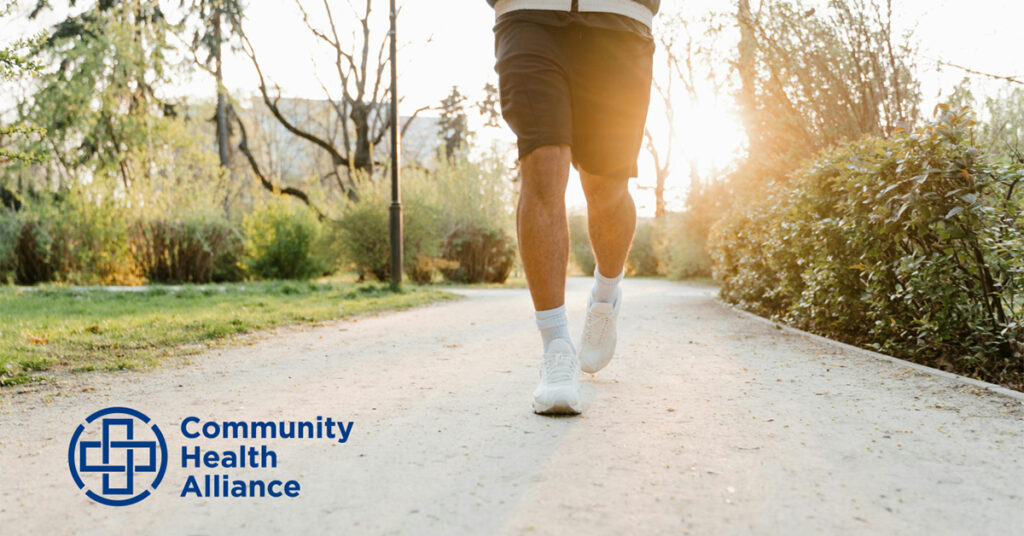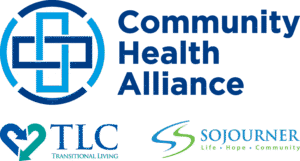
A new study from the University of Toronto and Kyushu University suggests that movement may do more than just improve physical health — it could actually help the brain heal from trauma and addiction.
In the study, mice that had experienced trauma were given access to running wheels. Those that exercised grew new brain cells in an area called the hippocampus, which is involved in memory and emotion. These mice showed fewer signs of fear and anxiety, while mice that didn’t exercise stayed fearful. The running mice also stopped returning to places where they had previously received drugs, suggesting that movement helped weaken those cravings.
While the research was done with mice, it supports what we see in people too: exercise can play a powerful role in supporting mental health and recovery. Additionally, there have been successful clinical studies on humans that point to this as well.
At Community Health Alliance, we believe healing is about more than just clinical treatment. Movement, peer support, and healthy routines can all help people feel more in control and supported. Even small steps — like a walk, a stretch, or a moment of physical activity can encourage your recovery journey.

